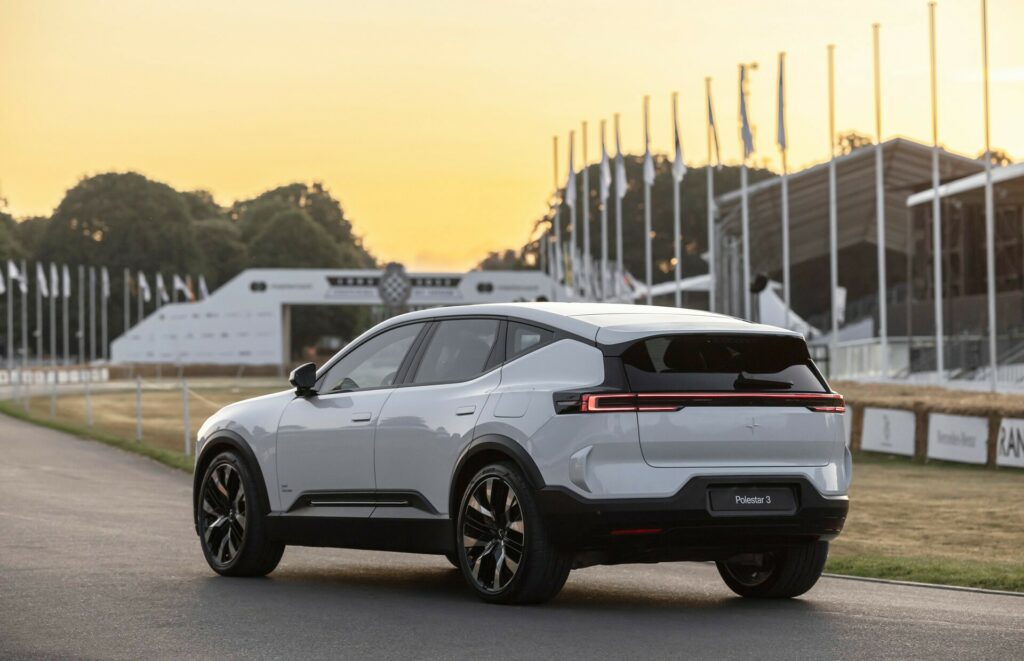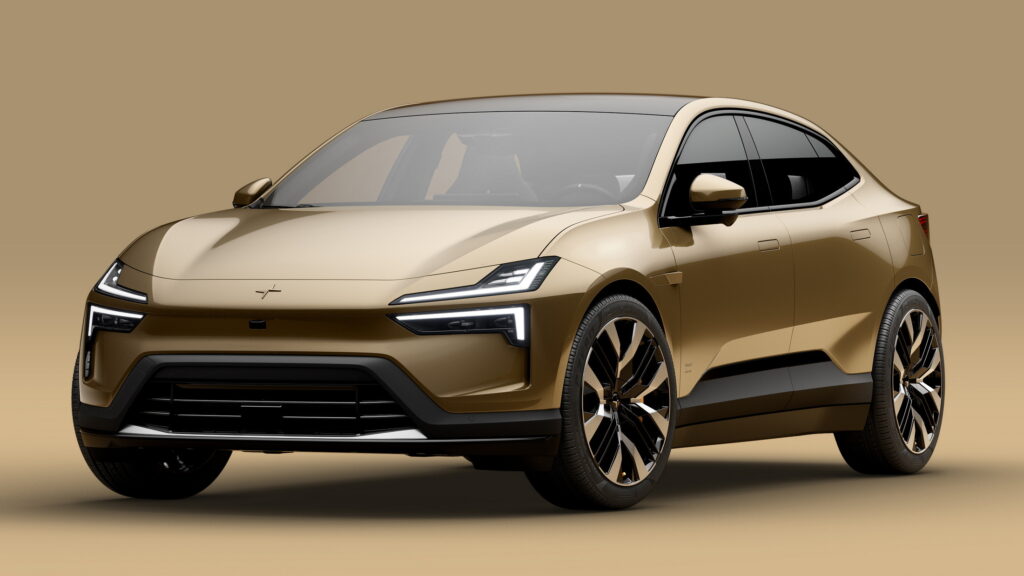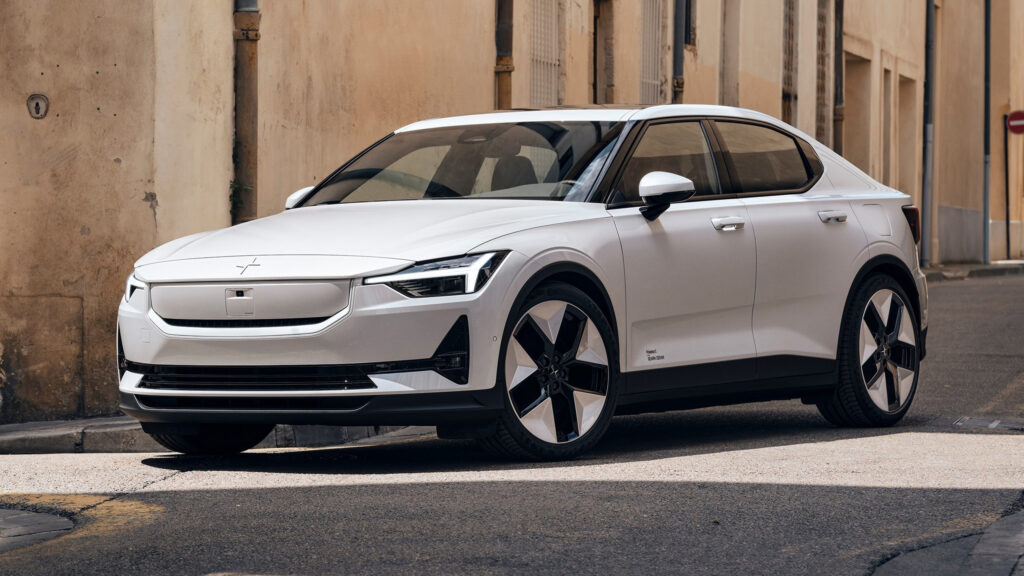One analyst believes that Geely needs to take Polestar private if the EV manufacturer is to survive in an era of growing competition across the industry.
Polestar went public in the United States through a reverse merger with special purpose acquisition company Gores Guggenheim in a bid to raise the money needed to achieve its electric vehicle ambitions. At the time, interest rates were low and inflation was thought to be transitory. While the Polestar 2 has proven to be a superb vehicle, the marque’s other models have been delayed and its stock has lost 84% of its value.
According to a research note cited by Bloomberg, Bernstein analyst Daniel Roeska has expressed the view that Polestar is “on a road to nowhere,” primarily due to its inability to match the aggressive price cuts made by Tesla and BYD.

“We love the innovative asset-light strategy, we like the cars, but we don’t think the company should be a stand-alone equity,” Roeska added. “Ultimately, we would like to see the concept and brand survive, but think it would make more sense for Polestar to eventually fold back into the Volvo Cars-Geely ecosystem.”
While Polestar is a publicly traded company, Volvo Cars and Geely still own 88% of the shares and more than 93% of the voting rights. The firm recently revealed it must plug a $1.3 billion funding gap until 2025 when it says it will no longer burn through cash.
Read: Polestar Offering Micro-Leases In The U.S. Ahead Of 3 SUV Market Launch
Last year, Polestar sold 54,600 vehicles, representing just a 6% gain over 2022 and well down on the 84% growth it experienced the year prior. At the start of last year, it had been aiming to deliver 80,000 vehicles through 2023 but fell well short of that goal.
Last Friday, Polestar’s chief executive, Thomas Ingenlath, told Bloomberg that the firm’s public listing was a “meaningful exercise” and mentioned that “anybody interested in the value of the company only needs to go to the ticker to see that it is trading at $4 billion worth.” However, he did not provide information regarding whether Geely and Volvo have set a timeline for when they may run out of patience for the firm to start delivering results.
“A lot of companies in the EV business have been hit and we are no exception,” Ingenlath acknowledged,” but he said he is confident that 2024 will be a successful year for the company.




